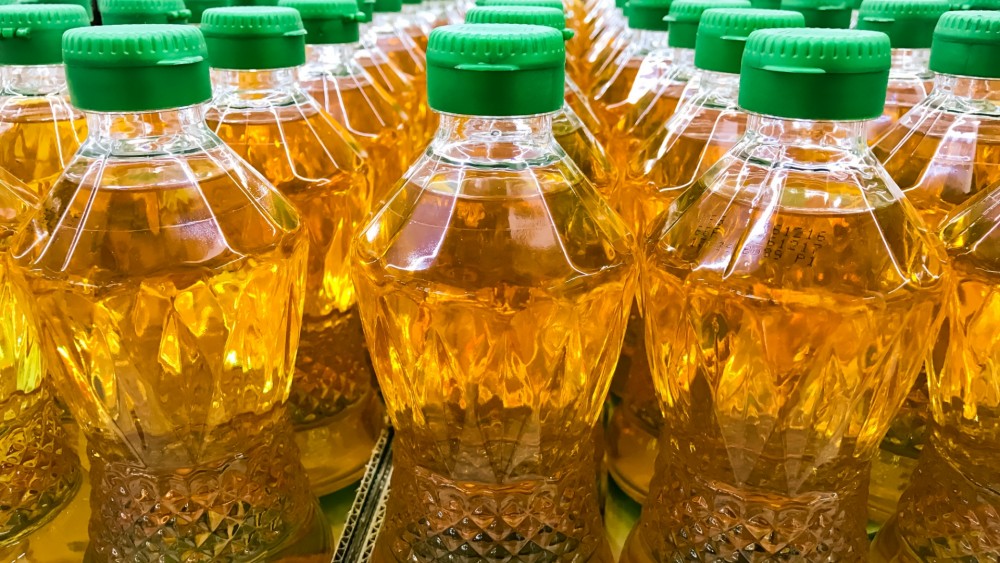Wednesday January 22, 2025
- ALL NEWS
- SMALL & MEDIUM ENTERPRISES (SME)
- INTERNATIONAL TRADE
-
REGIONS
-
NON-REGIONAL
Search

Bad news for consumers, forests, and wildlife: as vegetable oil prices reach new highs, food companies are considering returning to palm oil and soy bean oil out of desperation, regardless of the environmental damage.
Sunflower Oil Prices Skyrocket Due to the War in Ukraine
Russia and Ukraine are the world's biggest producers of sunflower oil, which is used in a wide range of food products, from frozen potato fries and biscuits to mayonnaise and baby food. The European Union (EU) normally imports half of Ukraine’s production of sunflower oil, but prices have skyrocketed due to the ongoing conflict, which closed Ukraine's ports and virtually shut down the country's sizable food industry.
According to the magazine POLITICO, for several food companies operating in the EU, both palm oil and soybean oil “are the most obvious" replacements for sunflower oil. While it is too early to see the rising demand in trade figures, the United Nations’ Food and Agriculture Organization has already observed a record high in palm oil prices in March, attributing the rise as a response to sunflower oil shortages.
This has caused experts to worry, not only because this could allow for unsustainable oil to slip back onto the EU consumers’ plates, but also because palm oil is a driver of deforestation and habitat loss.

Going Back on Their Promise or…Going Out of Business
Fierce anti-deforestation campaigns are arguing that palm oil production have led to the decimation of ancient forests and orangutan populations while driving up carbon emissions, especially in South East Asia, leading to increased scrutiny of Europe's palm oil consumption. In recent years, some major food brands promised to improve their sourcing or to remove palm oil from their supply lines entirely. However, food companies are now being forced to choose between breaking their promise or going out of business.
According to experts, small companies are immediately turning to palm oil, while larger companies can still wait because their stocks of sunflower oil are greater and have more serious reputation concerns.
To address environmental concerns, smaller businesses must rely on certification systems that can verify food sustainability. However, this is a problem because they are frequently unreliable. Furthermore, certification will be meaningless if businesses are unwilling to pay for cleaner alternatives. In fact, the alternative would imply that supermarket freezers and shelves be cleared of a wide variety of products.
Stay Updated with Exports News
At Exports News, we are proud to provide you with the latest news from all over the world. For more articles like this, make sure to check out our newsletter and stay in the loop!
No Comments
Add comment



We’re happy you are satisfied with Exports News. Please let us know if you need enything!
support@exportsnews.comWe’re sorry your experience was not satisfactory. Please let us know how we can improve your experience:
Please contact us with any questions or concerns: support@exportsnews.com


Your feedback has been received! If you have any other questions or concerns, please contact us at:


There aren't any comments yet. Be the first to comment!